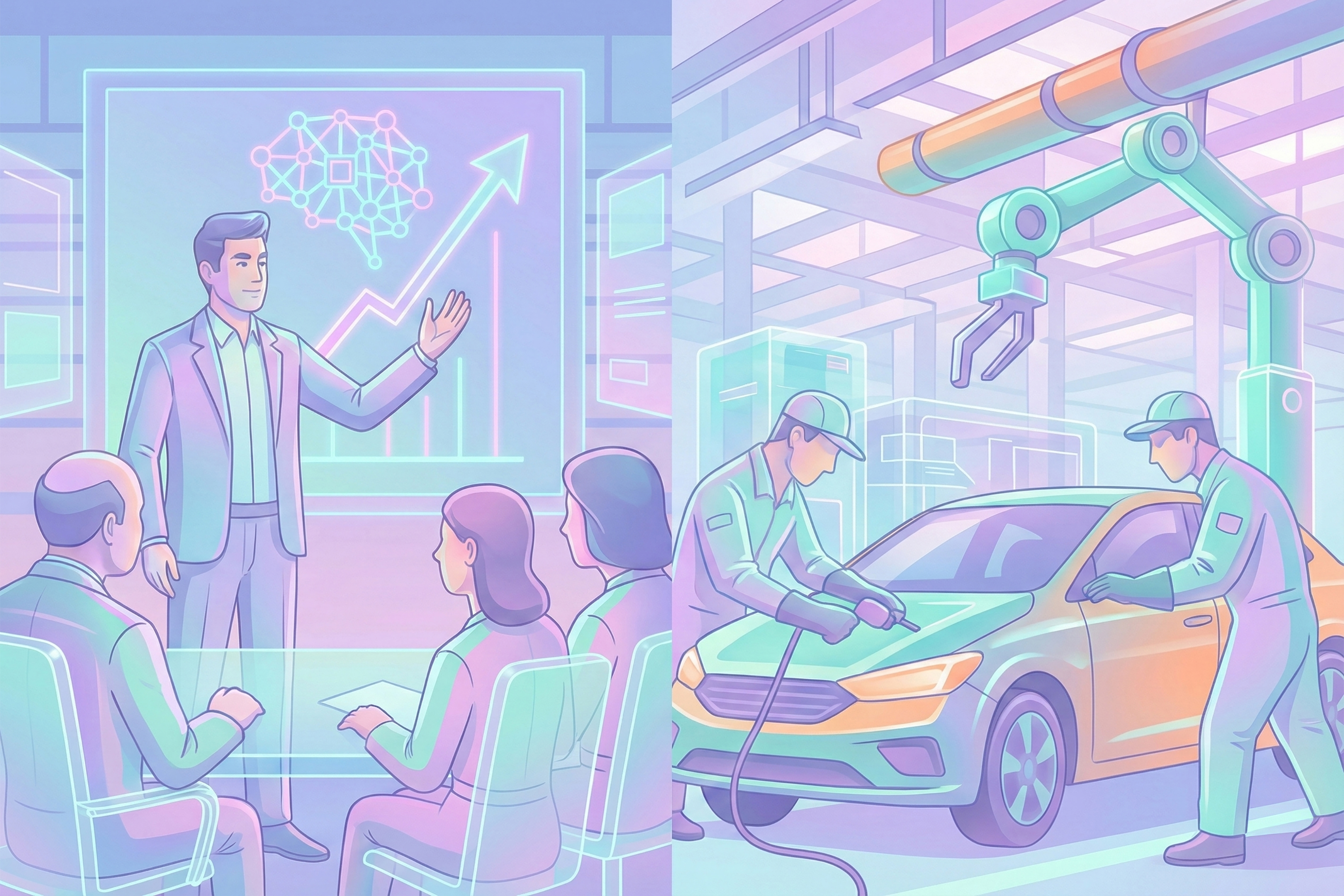Europe is trying to develop a resilient economy that is less dependent on other regions for its supply of energy and other critical resources. Because of that, the EU plans to invest tens of billions of euros in semiconductor production, Portugal and Serbia are looking to develop lithium mines, and the Netherlands aim to invest massively in hydrogen production facilities. This newfound spirit of industrial politics will result in economic growth, develop local employment and, hopefully, make our economy less vulnerable to global political unrest.
However, the question remains whether we are willing to pay the price that comes with these ambitions. In part, this price relates to the monetary costs of making our own chips, batteries and fuels. That is, we are swapping super-efficient global markets for more expensive local supply chains. Yet, there is also a social price we have pay and this may – in many cases – prove more difficult to swallow. In both Portugal and Serbia, people have fiercely protested mining plans as they would have an enormous environmental impact. The same goes for objections to (large-scale) solar and wind projects impacting valuable ecosystems.
Whether we choose to reshore specific value chains or not, we have to come to terms with the fact that, over the past centuries, we have grown used to an economic system in which others paid the social costs of our progress. Now, we have to decide whether we are willing to carry the burden of progress ourselves.

